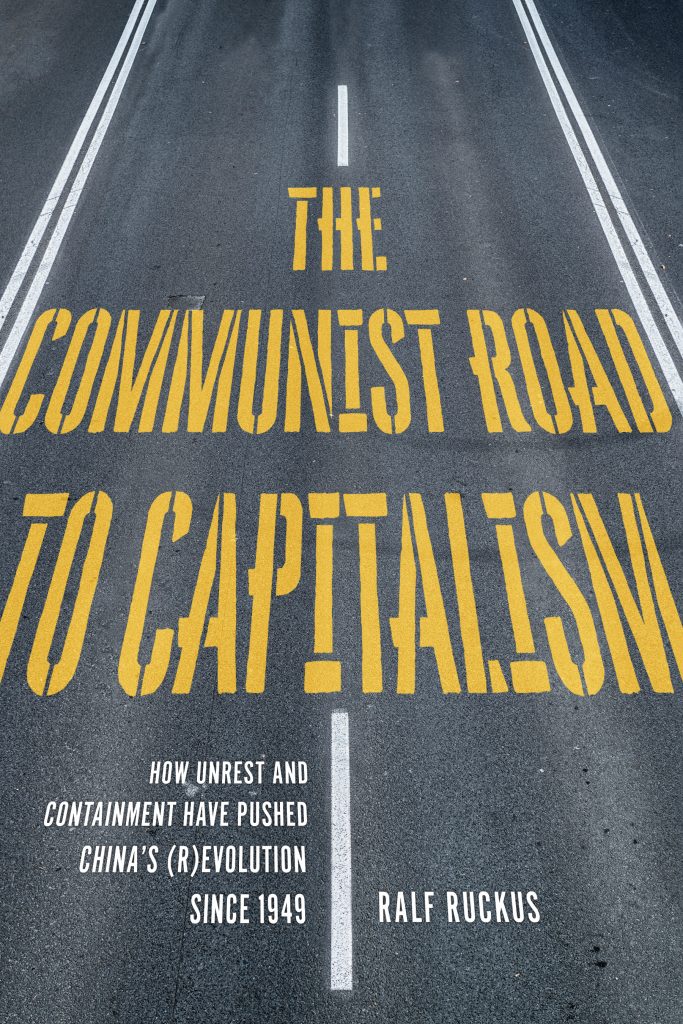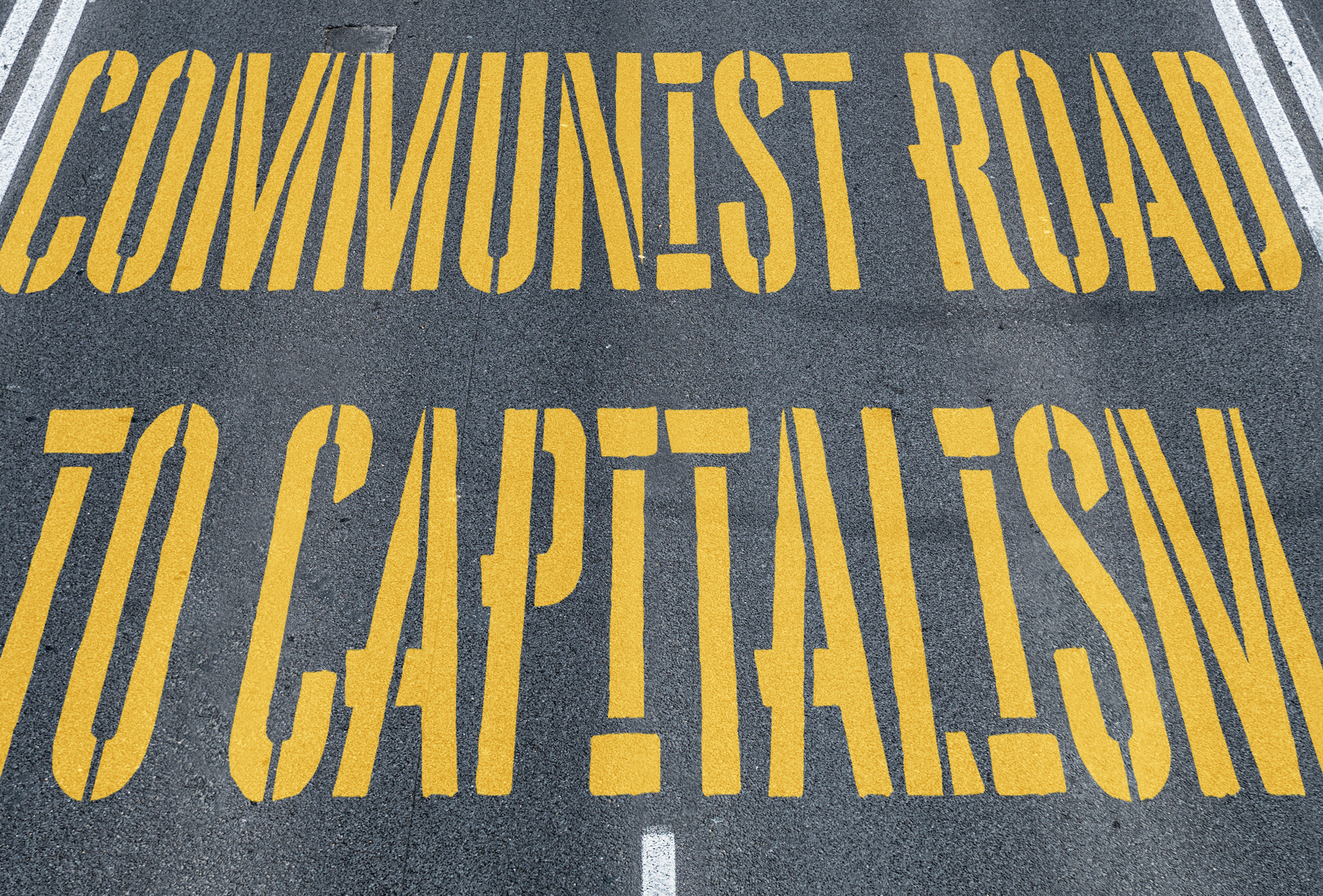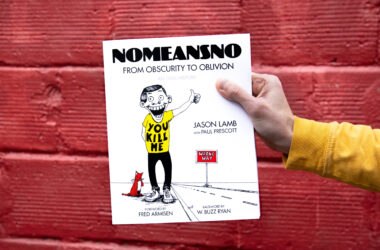This podcast is part of the online discussion series China and the Left.
Announcement: The history of the People’s Republic of China (PRC) is often told as one of revolution or turmoil before the market reforms changed the course and the country’s economic rise began. Yet, despite the ruptures, one constant remained: the rule of the Chinese Communist Party (CCP). The Party transformed itself repeatedly after taking power in 1949, during the socialist phase until the mid-1970s, the intermittent or transitional reform phase until the mid-1990s, and the capitalist phase since. In each phase, the PRC’s development was pushed by a dynamic of social struggles from below followed by countermeasures of the CCP regime—a mix of repression, concession, cooptation, and reform. Eventually, capitalism emerged in the PRC not in spite of or against socialism, but because of (this) socialism.
These arguments are at the core of Ralf Ruckus’s book The Communist Road to Capitalism. How Social Unrest and Containment Have Pushed China’s (R)evolution since 1949. He breaks with orthodoxies about the PRC’s socialist “successes” and myths on its later rise as an economic power. His book combines a historiography of workers’, peasants’, migrants’, and women*’s struggles with a critique of exploitation, authoritarian state power, and gender discrimination under socialism and capitalism.
In this online discussion, Ralf elaborates on the book’s main arguments and discusses what we can learn from the PRC experience for a left-wing strategy that avoids past mistakes.
The Communist Road to Capitalism in China | June 12, 2021 | Speaker: Ralf RUCKUS | Moderation: Kevin Lin







